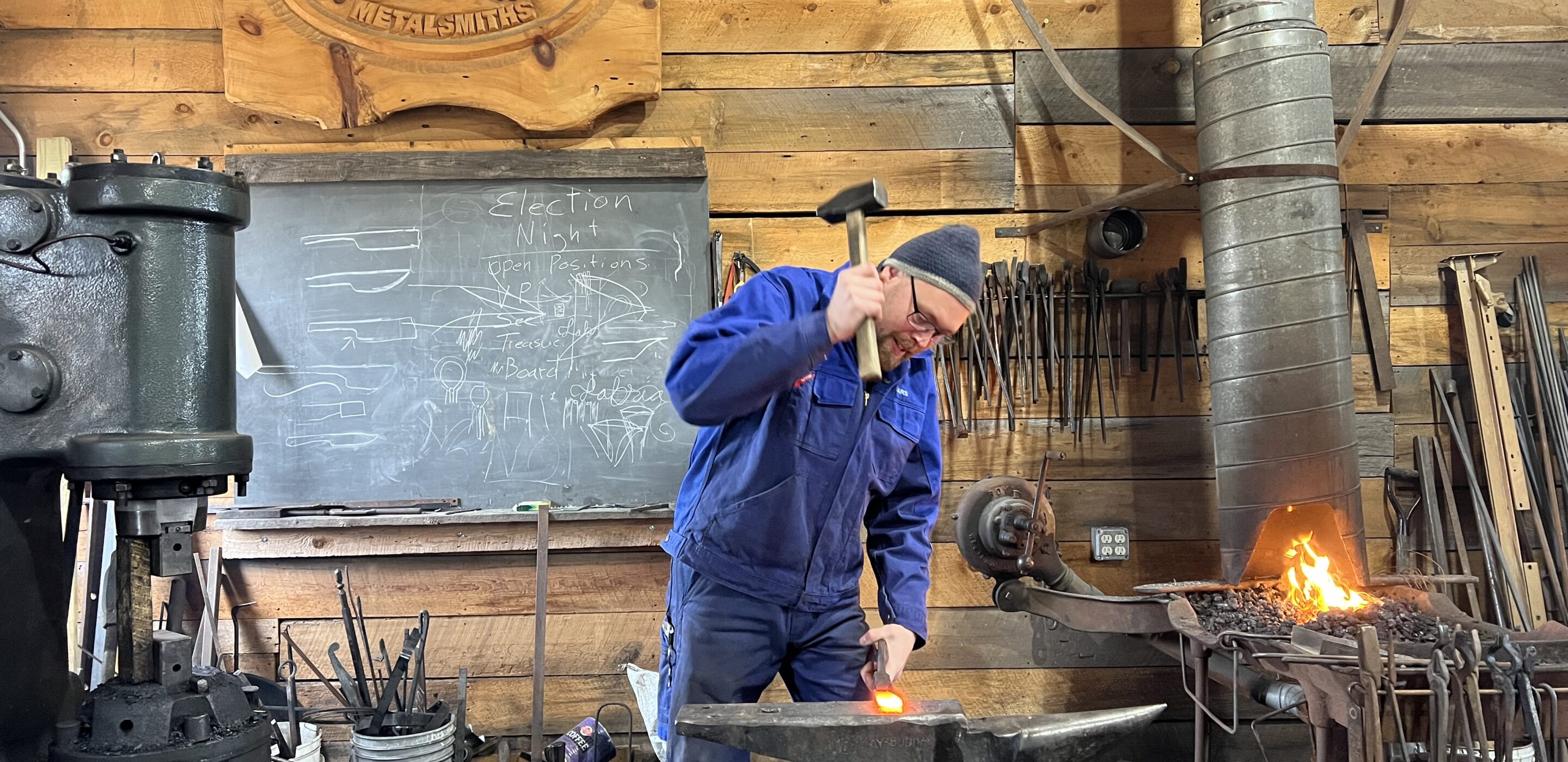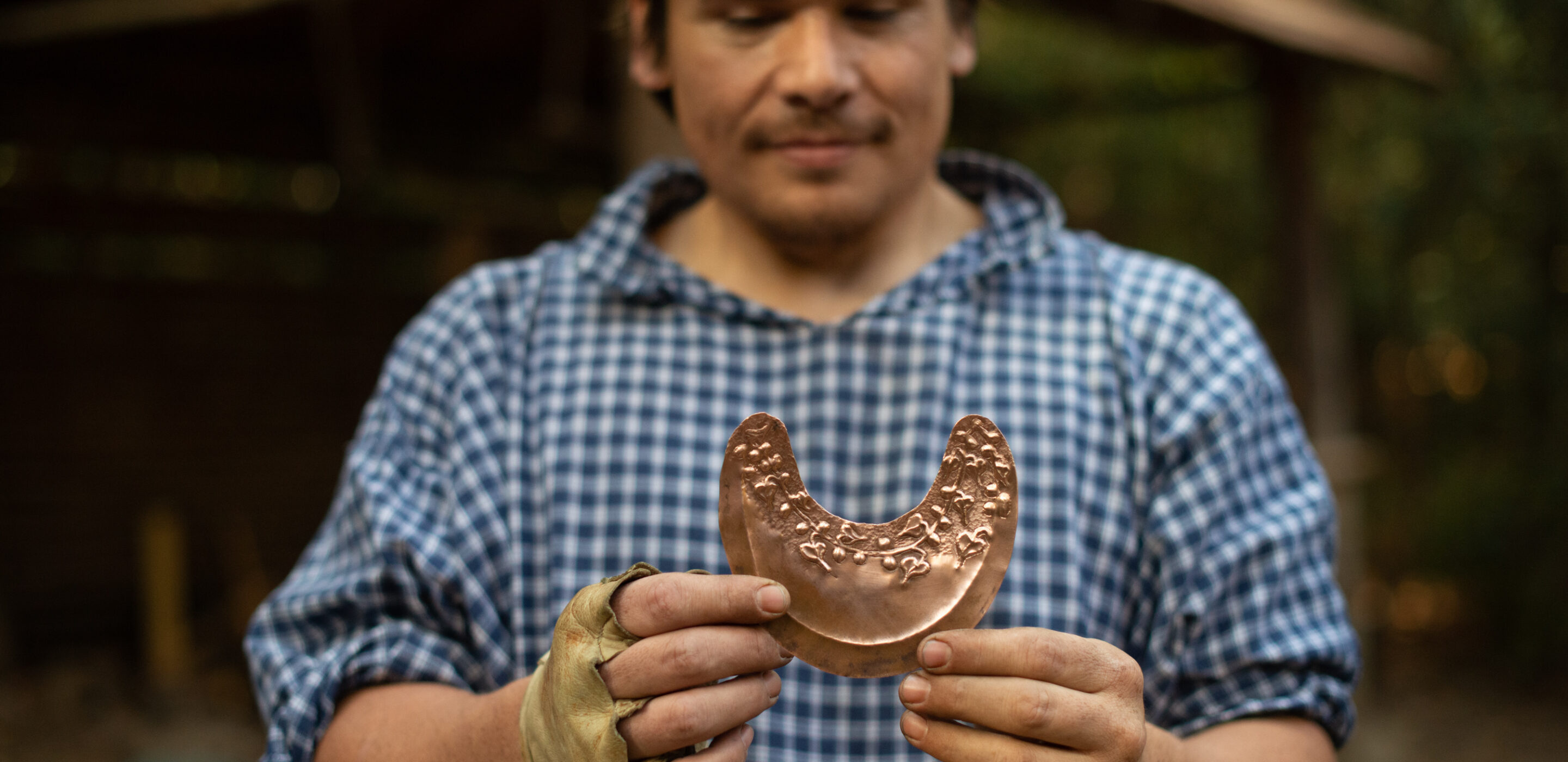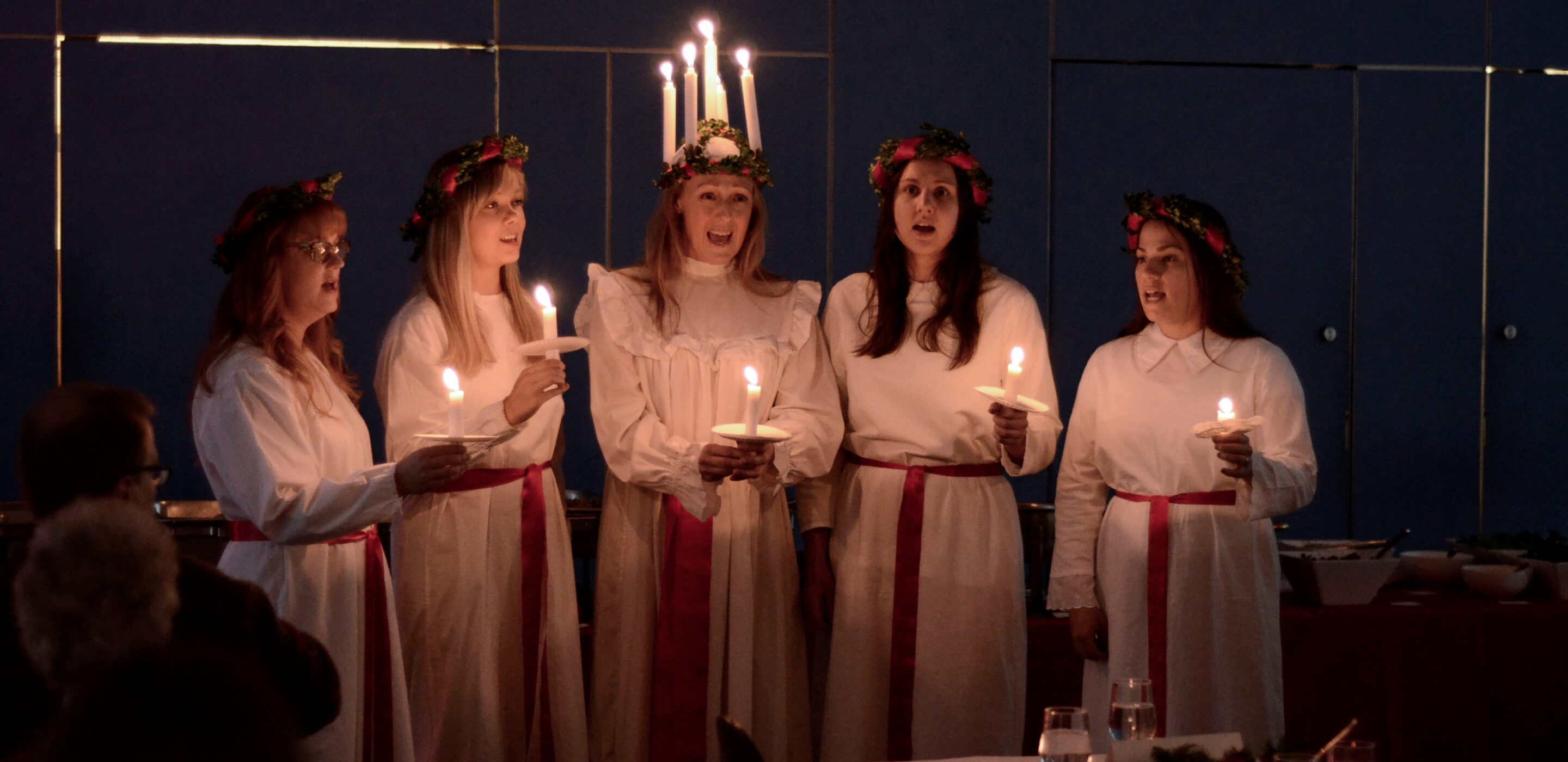The ripple effects observed through eight years supporting Folk Arts & Cultures
In 2024, MACP’s Folk Arts & Cultures program together with evaluation colleagues Wilder Research completed work to summarize nearly eight years of grantee work in an impact report.
The report speaks to the many positive effects that ripple out when people and communities practice folk and traditional arts.
“The practice of engaging in art and music with other people helps you to learn about those around you. It’s a deep connection and way of life.”
— FAC partner, Ripple Effects of Folk Arts & Cultures: The impact of the Margaret A. Cargill Philanthropies – Folk Arts & Cultures program from 2016-2024
Our founder, Margaret A. Cargill, believed that art belongs to us all. Her deep love for the “Art of the Everyday” led her to creative exploration and experiences with beloved mentors, and to an understanding of what it means to have artistic expression as a key element in a well-lived life. This formed the foundation of our Folk Arts & Cultures (FAC) grantmaking program, launched in 2016.
Since that time, we have partnered with seventeen organizations in two U.S. regions: the Upper Midwest (with a specific focus on Nordic-American folk arts and cultures) and Central Appalachia. Their work has focused on advancing the intergenerational transmission of artistic skill and cultural knowledge, and on our shared aim that folk arts and cultures will be more deeply understood, more broadly recognized, and more widely practiced.
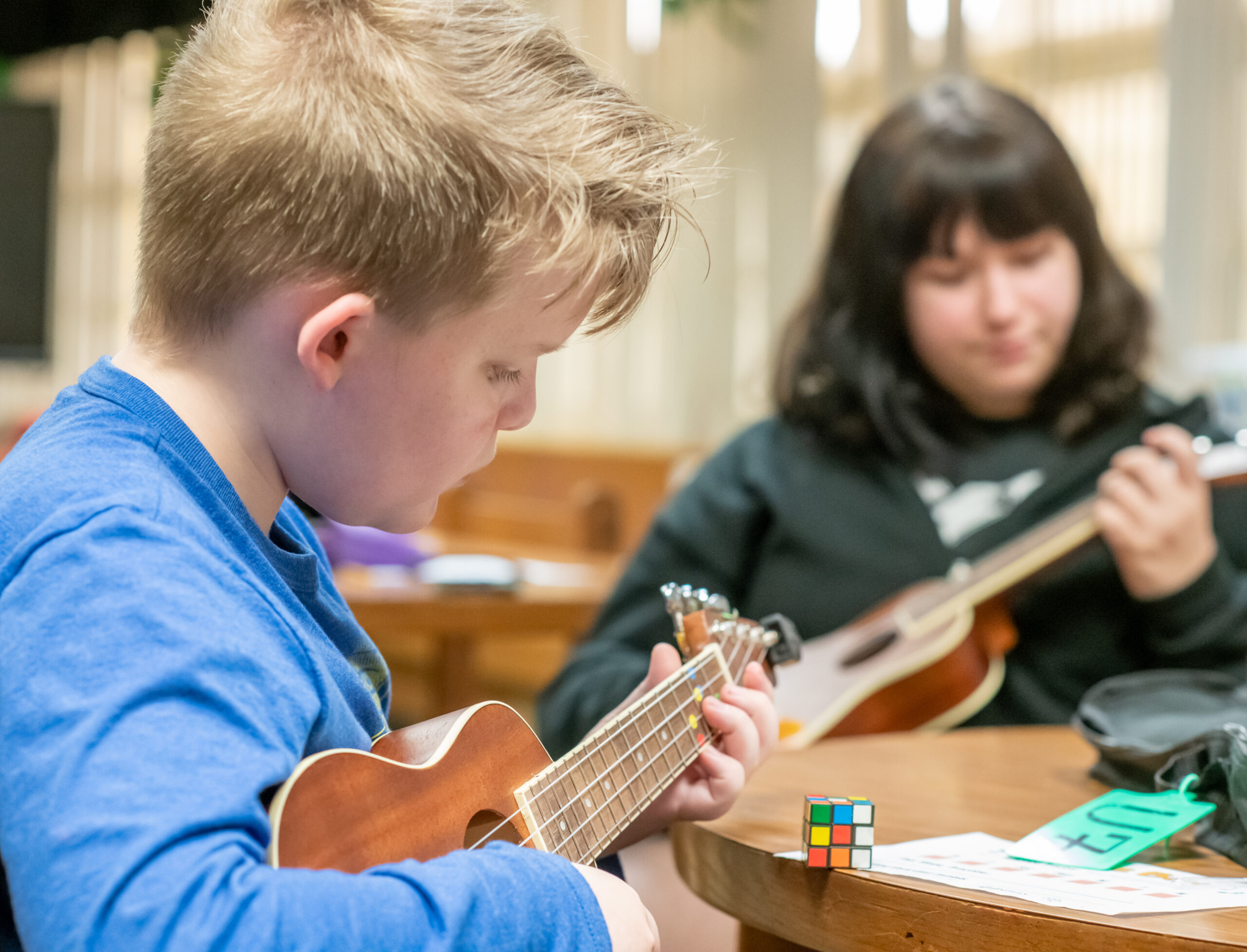
Students of the Pick & Bow Mountain Music Education Program in Kentucky, which offers free music lessons and low-cost instrument rental to K-12 students. Photo courtesy of South Arts.
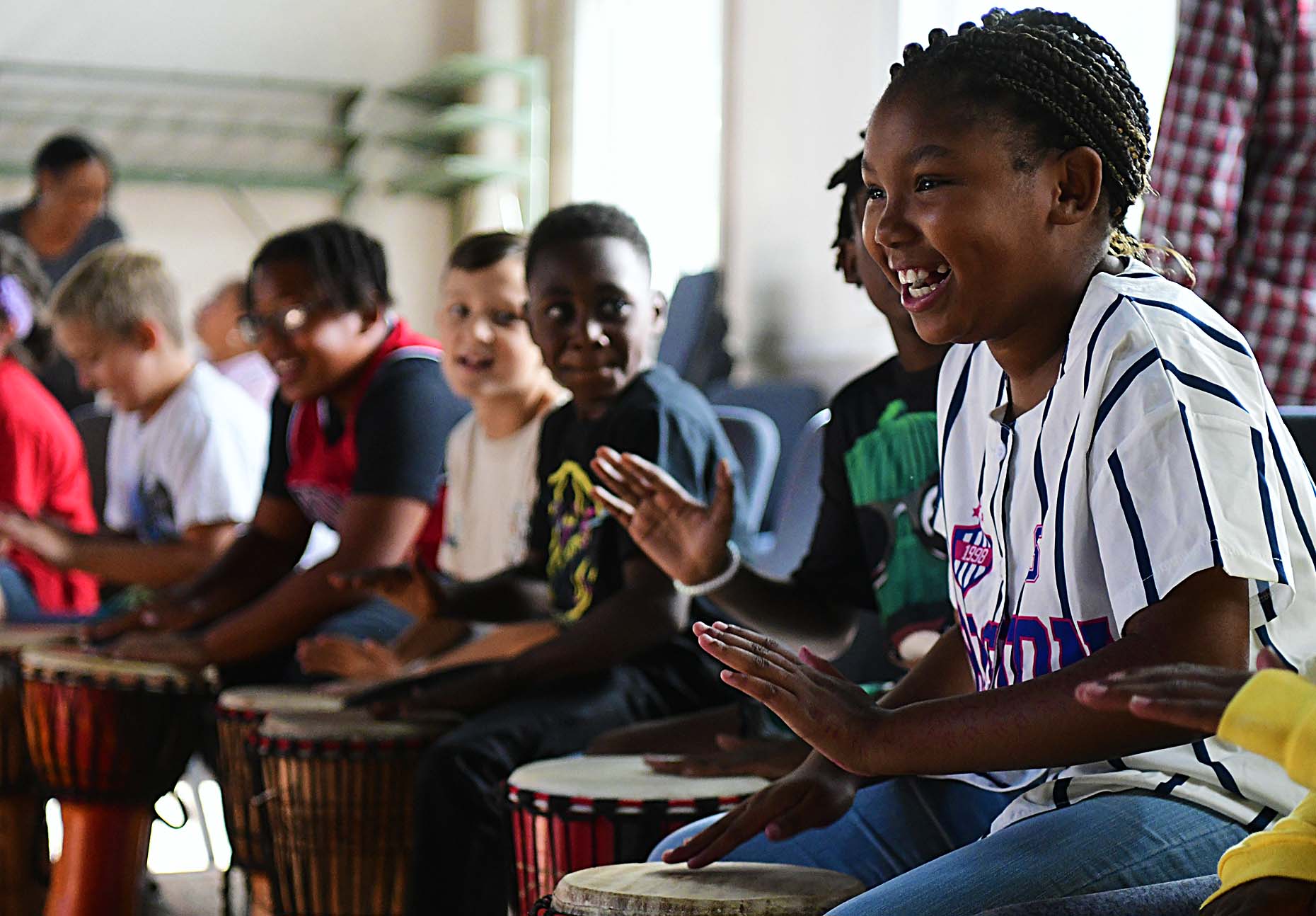
Students at the Wade Center after-school program in Princeton, WV, learn West African drumming from master djembéfola (djembe player) Adama Dembele. Funded by a CALT: Experiences grant. Photo by Tara Wyatt/courtesy the RiffRaff Arts Collective and Mid Atlantic Arts
In 2024, we partnered with Wilder Research to create a report to lift up the work of our grantee partners and delve deeper into what has resulted from their work over eight years of our grantmaking. Throughout the year, the project team at Wilder facilitated discussions with partners, collected their stories and photographs, and analyzed data, distilling findings into common themes that reflect what is possible when folk arts and cultures are supported.
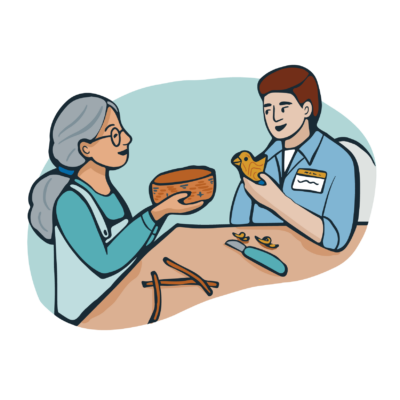
Illustrations by Lisa Blakeborough for Background Stories


Our grantees conveyed learnings gathered from their work with artists and culture bearers, community members and experts, all working to ensure that folk arts and cultures are carried into the future.
Reason to celebrate
Our convening in the spring of 2024 gathered participants from each of our FAC grantee partners and served as a space for making connections rich and deep, building community, and sharing stories. Held on site at the American Swedish Institute, a longtime grantee partner, conversations covered everything from the realities, opportunities, challenges, and aspirations of cultural programs and institutions, to how traditions carry on and even evolve.
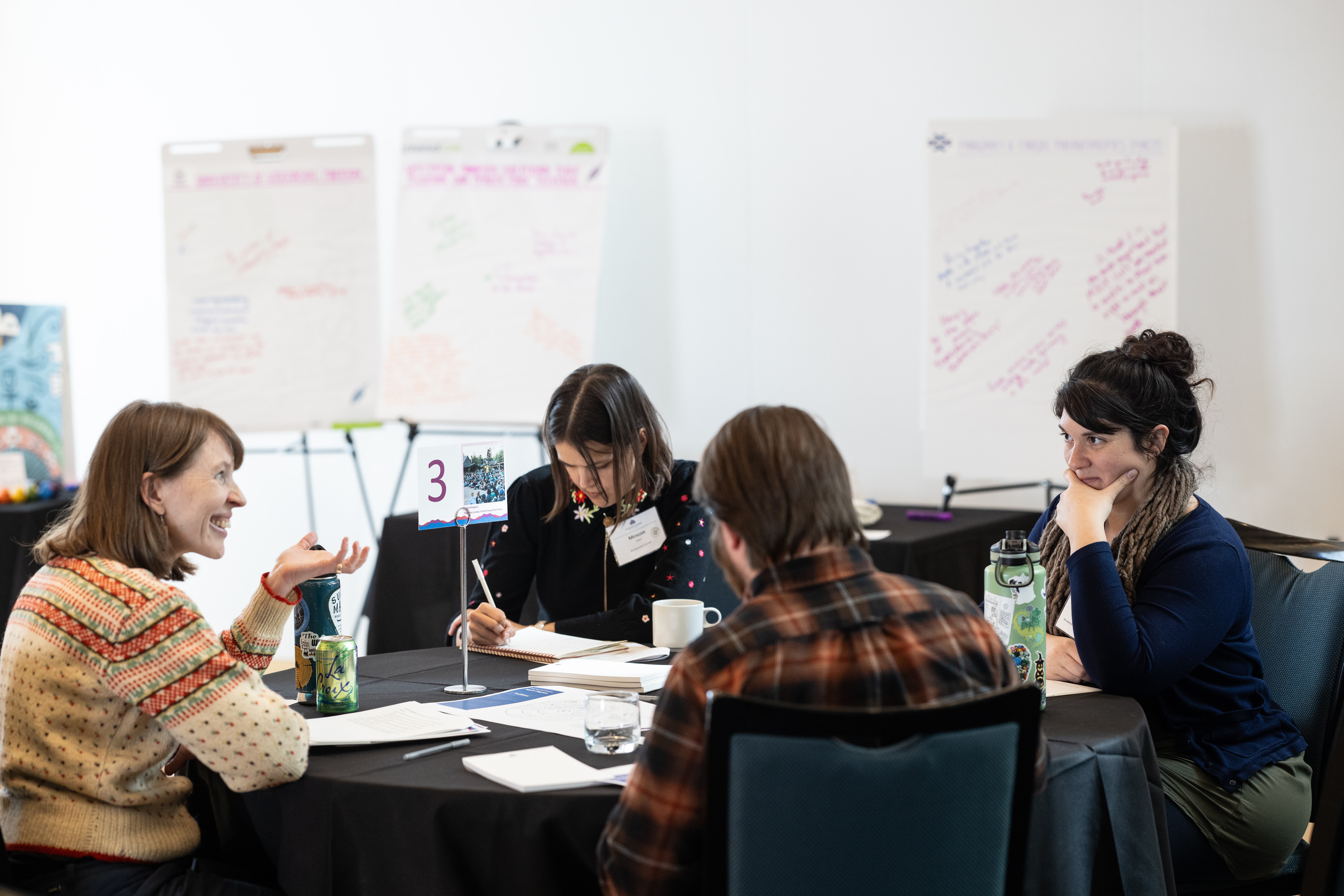
Photos of FAC grantee partners at their spring 2024 convening in Minneapolis, MN. Photos taken by Rebecca Slater.
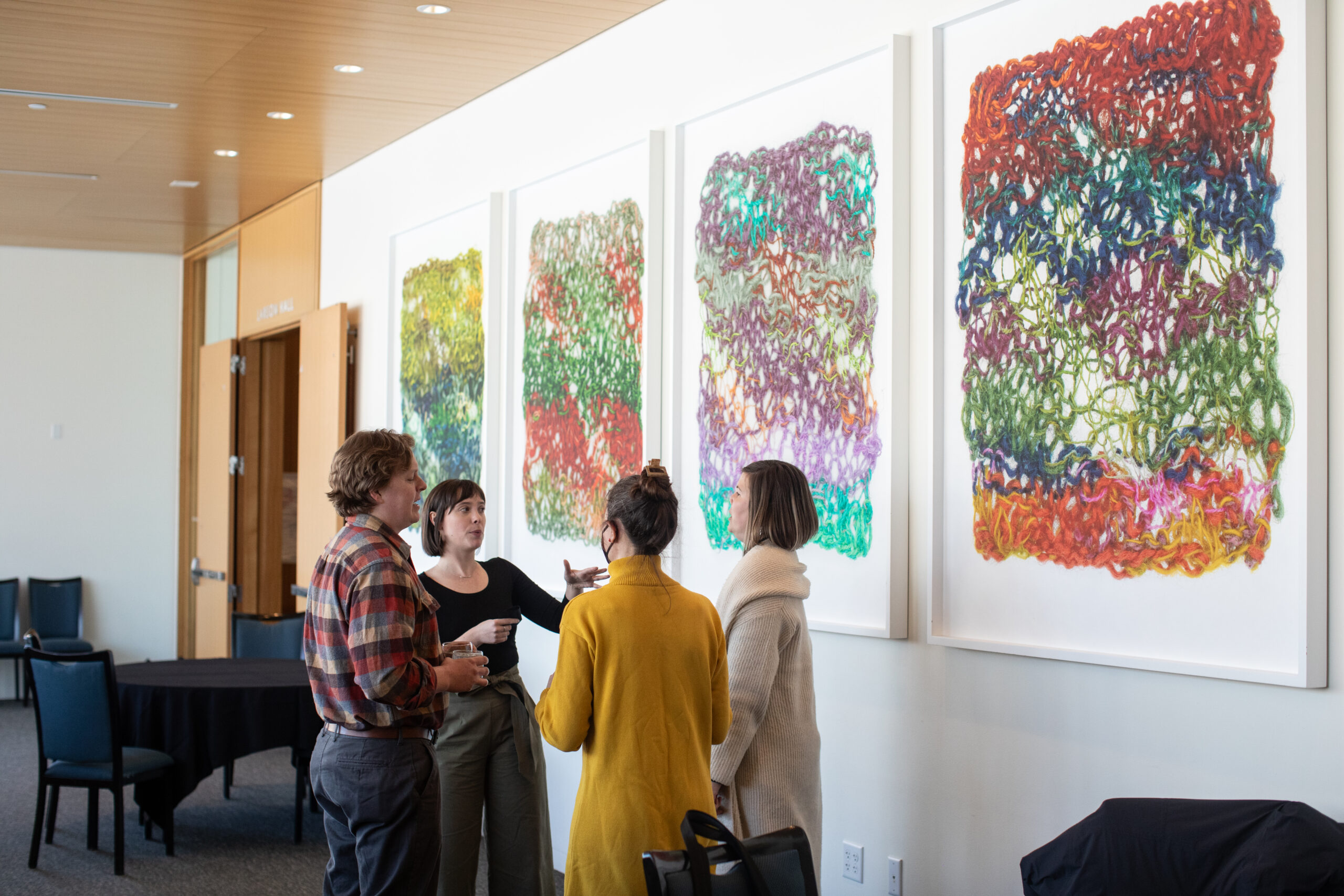
This moment held particular significance as this was the first time many FAC grantee partners had met in-person, following virtual FAC grantee convenings during the COVID-19 pandemic. Participants learned from each other what their organizations were doing to stay connected to communities and foster the intergenerational transmission of traditions. These shared stories ground the impact report in the voices of our partners.
Report findings revealed
The intention built into this impact report is to use both the quantitative and the qualitative, numbers and stories, to share a more complete picture of the work of FAC grantee partners. We also worked with Background Stories as our creative partner, who drew inspiration from attending the convening and the report data to provide illustrations and informational graphics that enhance how this report is presented and understood. Across all the data compiled and analyzed by Wilder, three primary themes emerged that demonstrate how through MACP funding, the work of FAC partners:
- Honors, sustains and grows traditions
- Creates, connects, and sustains community, and
- Embodies and fosters belonging and justice.
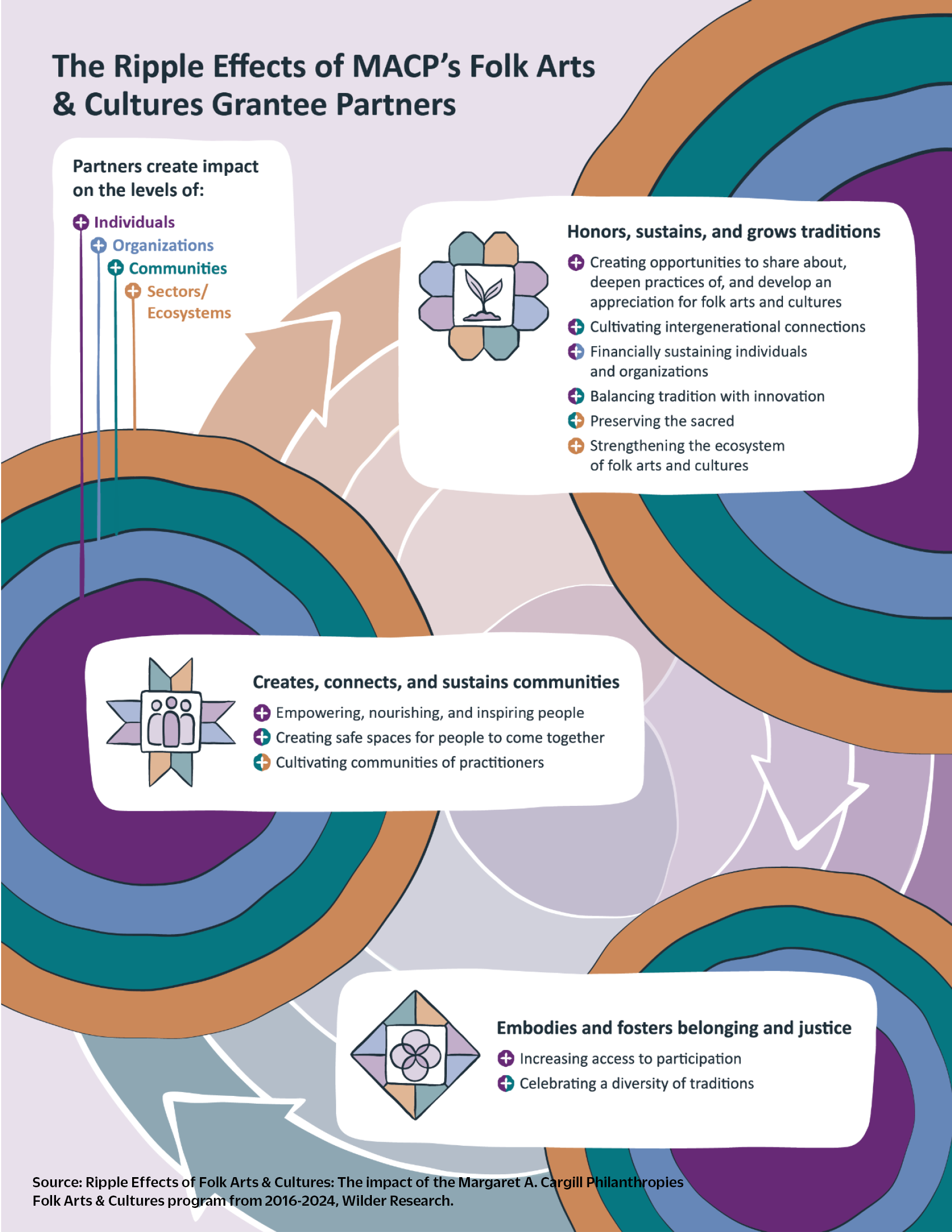
Infographic: Meagan Hein, Arlene Birt, Lisa Blakeborough, Karen Lanthier, and the Background Stories team
We are proud of and grateful for the remarkable and meaningful work of our partners, richly revealed in this report. We appreciate their contributions to the report, as well as the work of Wilder Research in gathering and translating the work so beautifully. And we hope others will be inspired by this work and join MACP in supporting and sustaining folk arts and cultures.
Header Photo: Students of University of Wisconsin–Madison’s Folk Artist-in-Residence program axing out spoon blanks from basswood billets during Liesl Chatman’s Spoon Carving Club. Photo by Anna Rue, courtesy of University of Wisconsin–Madison.

